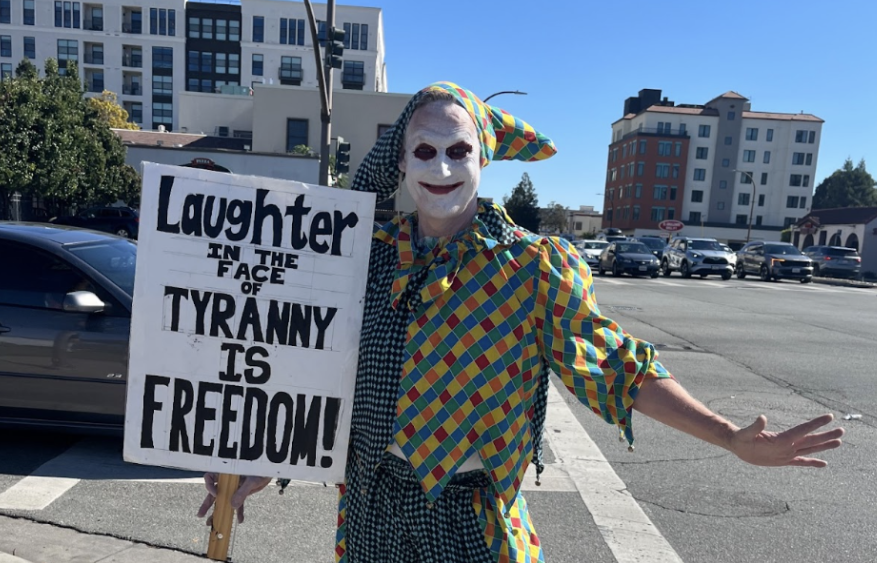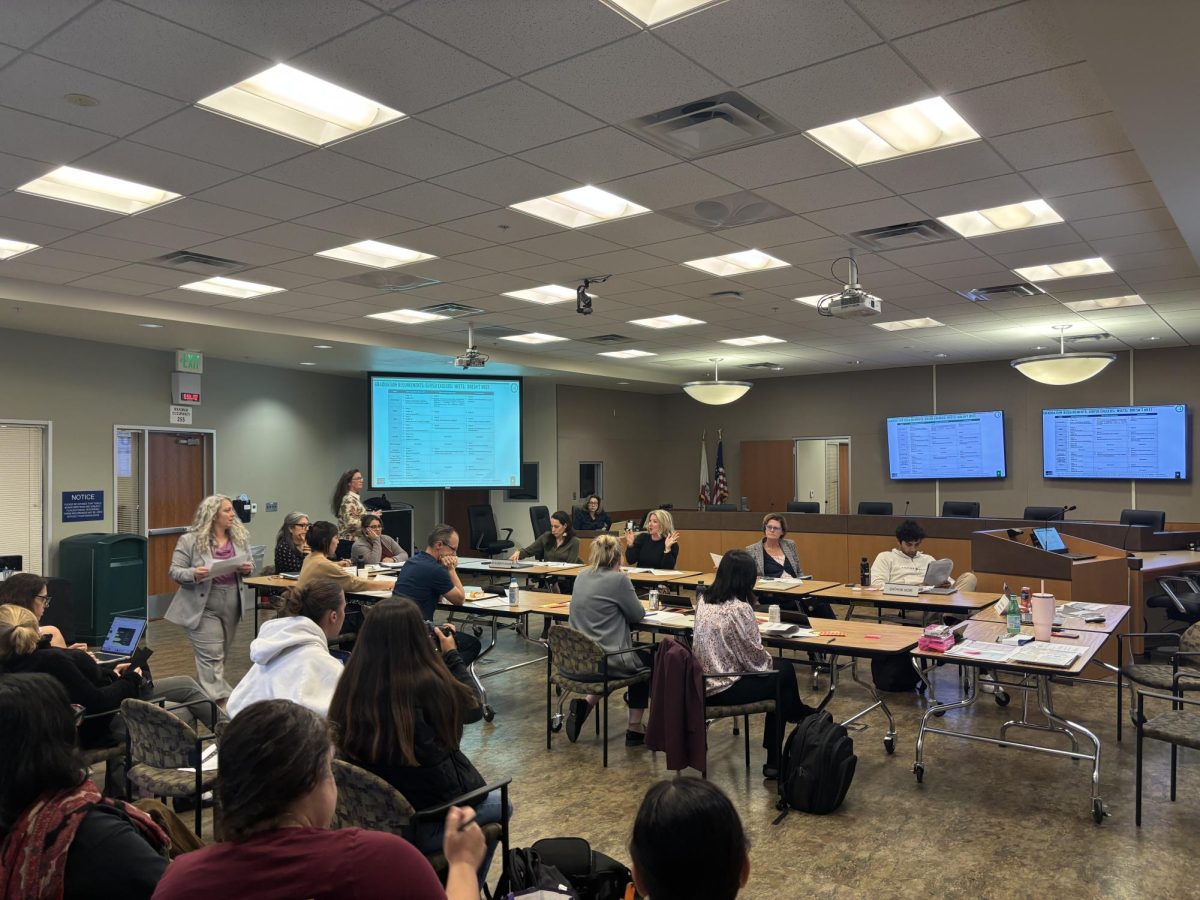Many Woodside students have experienced some form of bullying during their time in school. In honor of National Bullying Prevention Month, the following students chose to share their experiences to improve their community.
Woodside senior Caroline Taylor described when a friend of one of her friends body-shamed her, mocking and criticizing her body for apparently no reason.
“If I was wearing something that was kind of tight or something, she would be like, ‘Ooh, you look really fat in that,’” Taylor recalled. “Then she’d be like, ‘Sorry, I’m just being honest.”’
Bullies may commonly justify their treatment of others by calling it honesty or constructive criticism.
“It made me feel horrible,” Taylor described. “It made me feel more self conscious about myself… She’d be constantly judging what I was doing.”
Bullying can often have a damaging effect on the victim, especially from an early age. One student shared her experience being bullied in elementary school.
“There was a really mean girl who was in my class, and she always wouldn’t let me sit with them at lunch,” sophomore Dahlia Crane expressed. “She wouldn’t invite me anywhere, and she’d talk about all the things she was going to do with her friends and leave me out.”
Exclusion is another form of bullying that many high schoolers are familiar with. Crane discusses how going to a small school made the experience harder because there were not many other girls to befriend.
“It made me feel really sad because I felt like I was not as fun, and I was not an interesting person,” described Crane. “It felt like nobody else wanted to hang out with me.”
Another student, Woodside senior Lisbeth Bryant, was teased for not knowing her way to class upon being a new student in middle school. Now, she uses her experiences to fuel positive change.
“Since [people] made fun of me for not knowing, that makes me help others more,” Bryant explained. “I do really like to help people if they need it.”
Taylor’s perspective was also changed by her negative encounter with bullying.
“I try to not judge people as much,” said Taylor. “Now, I think before [speaking], so I make sure I don’t hurt the person’s feelings or anything like that. I try to be nicer to everyone.”
Crane believes that having been bullied has helped her to stand up for other people.
“I know what it feels like to have someone be so mean to you,” explained Crane. “When I see people being mean to other people, I try to step in and help because I know what it feels like to be that person.”
Woodside offers several on-campus resources to help with student conflicts. These include peer-to-peer organizations such as Students Offering Support, Conflict Mediators, and Safe School Ambassadors.
“I think Woodside does a really good job of bully prevention because there are so many resources that you can go to to get help,” said sophomore Mia Chu. “Woodside is a pretty friendly environment.”
Some students expressed contrasting views about the programs.
“We do have the peer leaders and the [conflict mediators], but I don’t feel like it really helps that much,” expressed Taylor. “You [must] reach out [to it], but a lot of people don’t want to talk about their bully.”
Bryant suggests that it may be students’ responsibility to change their own disrespectful behavior.
“Sometimes people will just say side comments about people they don’t even know,” said Bryant. “Sometimes you can’t always catch that, so they have to do that themselves.”









